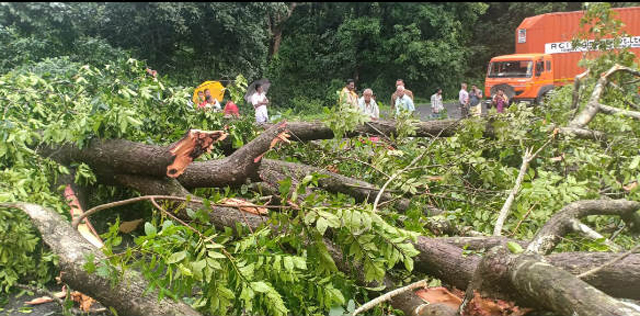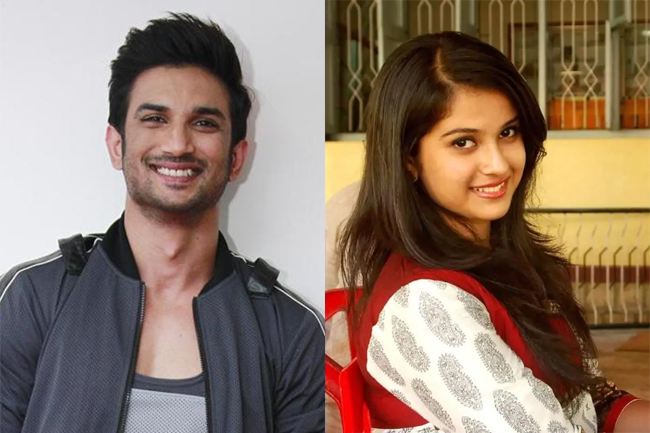Bengaluru, Jul 11: The Bharatiya Janata Party led government of Karnataka is planning to ban cow slaughter as well as the sale and consumption of beef in the state by bringing Prevention of Cow Slaughter and Preservation Bill, 2012.
"Many states have passed the Anti-Cow Slaughter Bill. We are preparing to implement it in Karnataka as well. The state government will soon implement a ban on cow slaughter, sale and consumption of beef on the lines of many other states," said Prabhu Chauhan, the state's Animal Husbandry Minister.
The Anti-Cow Slaughter Act is already in place in several states like Gujarat, Delhi, Haryana, Maharashtra, Madhya Pradesh among others.
Last month, the Yogi Adityanath-led Uttar Pradesh government passed a draft ordinance to prevent cow slaughter, providing maximum rigorous imprisonment of 10 years and a fine up to Rs 5 lakh.
The Uttar Pradesh Cabinet Cow Slaughter Prevention (Amendment) Ordinance, 2020 aims at making the existing Uttar Pradesh Prevention of Cow Slaughter Act, 1955 more effective towards cow safety.
In Karnataka, the BJP-led government had promised to ban cow slaughter in its manifesto for 2018 state assembly election.
"The government will form a team of experts to look into once the current pandemic situation eases," Chauhan stated, adding that if necessary, the team of experts will visit states like Uttar Pradesh, Gujarat.
The then BS Yediyurappa-led BJP government had passed the Karnataka Prevention of Cow Slaughter and Protection Bill in 2010 but it failed to get presidential approval. Three years later, the Bill was withdrawn by the Siddaramaiah-led Congress government.
"I will discuss this matter with Chief Minister and if this pandemic situation eases, by next session, if not by upcoming assembly session, we will try to bring Karnataka Prevention of Slaughter and Preservation of Cattle Bill," Chauhan added.






Comments
now india is ruled by most unfit people in the world...
one yogi become CM after dumping his family, another became PM after dumping his family and mother, now they teach that COW is mother and need protection...
the main point is here is the business, they know very well muslims make profit in meat business and now they want to steal from them...gomata, protection all these are bullshit...only gobar bakth will belive...
Add new comment